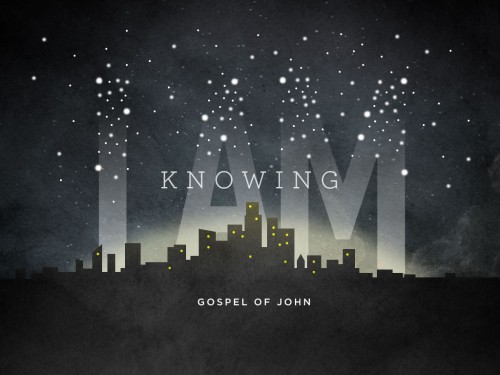
The Benefit of the Doubt
In John chapter 20, Jesus has appeared to the disciples after his resurrection. However, Thomas was not with them. When the other disciples tell Thomas, he defiantly says he won’t believe until he can touch Jesus’s nail wounds and wound in his side. Jesus appears to the disciples again, this time with Thomas present. Jesus has heard Thomas’s plea and provides himself as evidence. Thomas proclaims about Jesus, “My Master and my God.” John tells readers he has written all this down so that we will believe in Jesus.
In this passage, faith and doubt are not presented as antithetical and Thomas is not rebuked for his questioning. Instead, Jesus meets doubters where they are to reveal himself to them. Jesus hears the cries of our hearts and provides the evidence we need to believe. Even the testimony of the apostles is evidence.
But not all doubting is the same. There is a faithful way to doubt that draws a person closer to God and there is cynical doubt which shields a person from faith and entraps the doubter. Jesus calls us into a covenant relationship like marriage which requires trust based on evidence. In a covenant relationship there is room for faithful doubting that draws a person closer to God. A person is not saved by their ability to be certain of their faith; a person is saved by Jesus’s love demonstrated through his self-sacrificial death on the Cross and through the Resurrection. Therefore, Christians needn’t labor under the heavy burden of certainty-seeking faith, but rest in God’s grace as we wrestle with God as faithful “Israelites.”
